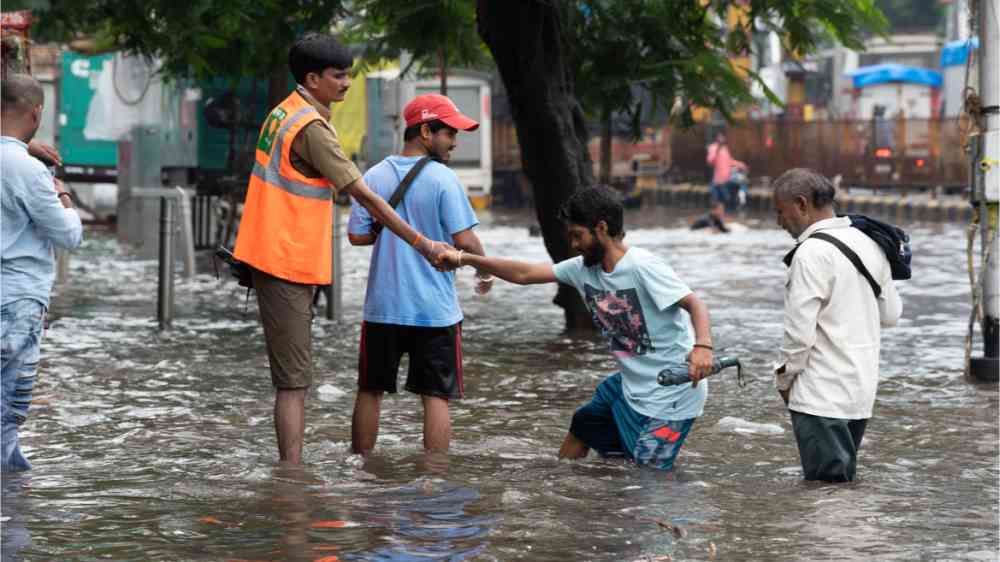Survey: Investigating the role of citizens' trust in emergencies - The CORE Project

In a rapidly changing, globalised, and interconnected world, it is crucial to understand how to measure, control and mitigate the impact of disasters on populations. Aligned with the Sendai framework, the H2020 CORE (sCience and human factOr for resilient sociEty) project mission is to enhance society's resilience by improving the preparedness of populations and encouraging informed decision-making about risks.
Therefore, it is essential to understand the role of citizens in disaster risk management in order to determine if people are comfortable with the directives and recommendations issued by authorities and experts both during and after emergencies.
The CORE project has recently initiated a web survey to investigate how individuals perceive various types of risks and how much they trust experts and authorities before, during, and shortly after disastrous events.
When trust is absent or damaged, people tend to feel more exposed to risks, making the role of trust a critical factor in the analysis of risk perception.
Trust in both authorities and experts plays a key role, influencing not only risk perception but also preparedness for disasters.
The CORE survey aims to shed light on the role of trust in shaping risk perception and seeks to answer the question: "What can be done to increase confidence in authorities and sector experts (e.g., scientists)?"
The online questionnaire serves a dual purpose. On one hand, it allows for an examination of citizens' behaviour in the face of various hazards such as earthquakes, tsunamis, wildfires, industrial accidents, terrorist attacks, flash floods, and the COVID-19 pandemic. On the other hand, it facilitates an understanding of how directives issued by institutions and experts during emergencies are perceived in different countries, while also investigating the role of misinformation.
The analysis of the survey responses will focus on understanding how to enhance citizens' risk awareness when it is lacking and providing insights to authorities about the extent of their trustworthiness. This information will enable authorities to take appropriate actions and, ultimately, increase citizens' confidence, thereby reducing the potential for cascading effects during emergency events.
The CORE project would like your help in gaining insights into what is essential to consider before, during, and after emergencies.
Please take a moment to complete the survey. The survey is accessible in English, French, Italian, Filipino, Hebrew, and German. You can participate online until November 30th, 2023.
For more information about the CORE project, please visit.